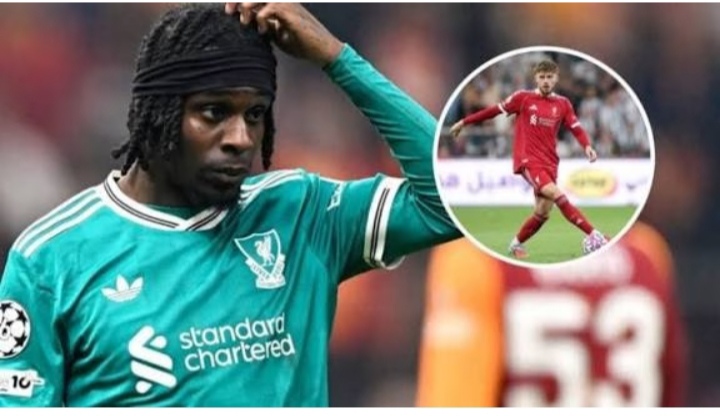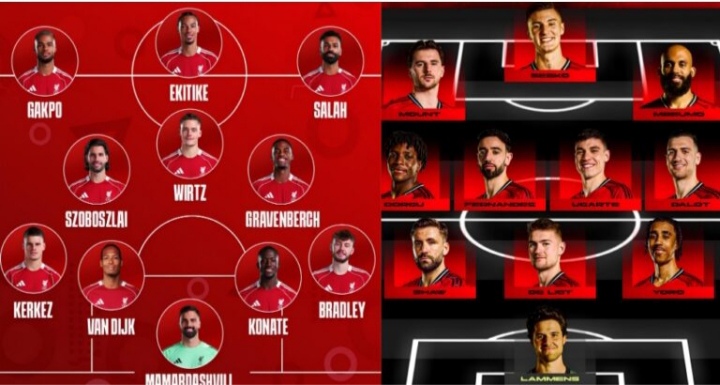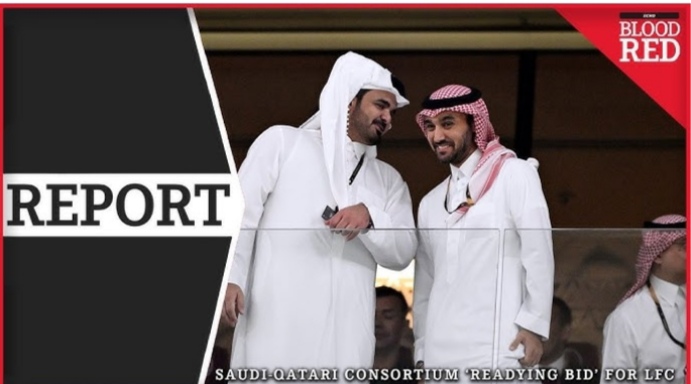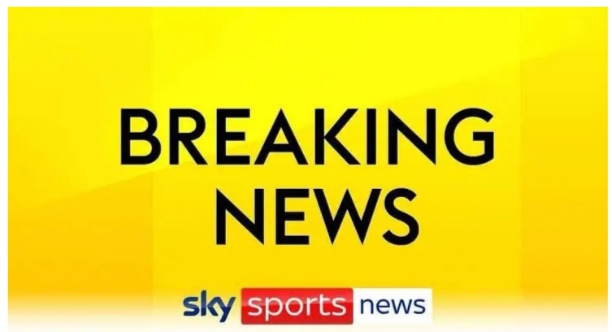Liverpool’s current campaign has been a rollercoaster of highs and lows, and one of the less obvious factors behind their inconsistent performances has been the right-back position. For years, fans never had to worry about that flank — Trent Alexander-Arnold owned it, dictating tempo, providing assists, and producing moments of brilliance. His controversial departure, however, has left a gaping hole that remains unfilled. The summer arrival of Jeremie Frimpong from Bayer Leverkusen was meant to ease the transition. Alongside him, young Northern Irishman Conor Bradley was expected to compete for the role, with manager Arne Slot even experimenting by shifting midfielder Dominik Szoboszlai into the position when needed.
Arne Slot has been wrestling with this selection dilemma all season. Following back-to-back defeats, Liverpool’s visit to Stamford Bridge offered a chance to bounce back. The match against Chelsea was intense and physical, and though Liverpool appeared set to earn at least a draw, a late goal from teenage sensation Estevao Willian snatched victory for the Blues. The narrow defeat highlighted more than just bad luck — it exposed the ongoing instability at right-back.
Since Alexander-Arnold’s exit, Liverpool’s right flank has been unsettled. Frimpong was brought in for his speed and aggression, but adjusting to the Premier League has proved difficult. At Leverkusen, he often thrived as a wing-back in a back-three system — tactically different from the defensive duties Slot demands. While Frimpong has shown flashes of brilliance, he has yet to fully adapt, occasionally leading to costly lapses. Bradley, meanwhile, has faced his own growing pains. Injuries and the steep learning curve of top-flight football have made consistency elusive.
Against Chelsea, Slot gave Bradley the nod. The youngster’s energy was evident, but he struggled to contain Alejandro Garnacho’s pace and aggression, eventually earning a yellow card after a rash challenge. Recognizing the imbalance, Slot made a tactical reshuffle at half-time: Bradley was replaced, Szoboszlai dropped into defense, and Florian Wirtz came on to strengthen the midfield. While this adjustment steadied the side, it underscored the larger issue — Liverpool’s uncertainty over who truly owns the right-back spot.
Former captain Jamie Redknapp weighed in after the match, calling for clarity and consistency. Speaking to Sky Sports, he urged Liverpool to settle on a first-choice right-back rather than rotating. “I’d like to see Conor make that position his own,” he said, acknowledging that injuries have disrupted the young player’s rhythm, while Frimpong’s tactical background in Germany may not perfectly suit Slot’s setup. Szoboszlai, though versatile, is a midfielder by trade and not a long-term defensive option.
Redknapp’s comments hit at the heart of Liverpool’s dilemma. Alexander-Arnold’s departure wasn’t just the loss of a talented player — it stripped the team of a key creative outlet central to their identity. His precision crossing, forward surges, and vision made him irreplaceable. Now, Liverpool must decide whether to persist with rotation or back one player to grow into the role.
Complicating matters is the scarcity of elite right-backs in today’s market. As Redknapp noted, few possess the qualities needed to thrive in Liverpool’s demanding, high-tempo system. Stars like Achraf Hakimi are exceptional but rarely available, and even then, adaptation is not guaranteed. This means the club must focus on developing Bradley and Frimpong through patience, trust, and careful coaching.
Injuries have further hindered progress. Both players have endured setbacks that have stalled their momentum, while Szoboszlai’s occasional use at right-back remains a stopgap solution rather than a long-term fix. Yet, there are positives — both Bradley and Frimpong possess raw ability and potential. Bradley’s determination and defensive awareness could make him a reliable choice with consistent minutes, while Frimpong’s versatility and attacking flair offer tactical flexibility.
Slot’s challenge is to strike a balance between development and results. The right-back position is pivotal not only defensively but also in Liverpool’s attacking rhythm. Their full-backs are expected to overlap, deliver width, and contribute creatively. Inconsistency there disrupts the entire system — as seen against Chelsea, where defensive hesitation on that flank led to the decisive late goal.
Redknapp’s solution is straightforward: choose one player and persist. Defensive units thrive on familiarity and trust, qualities that constant rotation erodes. By giving one right-back time to settle, Liverpool can restore stability, improve communication, and reduce costly errors.
The broader implications go beyond one position. The right-back issue reflects Liverpool’s transitional phase after losing a generational talent. The team is redefining itself, integrating new signings, and nurturing young players — a process that demands time and patience.
As the season continues, Slot’s handling of the right-back role will be under close scrutiny. His choice between Bradley and Frimpong — while managing fitness and tactical fit — could determine whether Liverpool rediscover their rhythm. A confident, settled right-back could restore both defensive solidity and attacking cohesion, two qualities the team sorely miss without Alexander-Arnold.
Fans, too, are adapting to life after Trent. While both Bradley and Frimpong have support, everyone recognizes how hard it is to replace a player of his calibre. Patience and belief in Slot’s project are essential. As Redknapp noted, Liverpool must commit to their current options, invest in their development, and think long-term rather than chasing short-term fixes.
Ultimately, Liverpool’s right-back saga encapsulates the complexities of modern football — managing transitions, injuries, tactical evolution, and sky-high expectations. Slot must balance player potential with performance under pressure while guiding the team through this adjustment.
Beyond tactics, there’s also the human element: both Bradley and Frimpong are young players learning under immense scrutiny. Their ability to respond to challenges and grow will be key. With the right guidance and consistency, one of them could yet become the cornerstone of Liverpool’s defense.
In essence, Liverpool’s right-back dilemma is more than a positional puzzle — it’s a reflection of a club in transition. Replacing Alexander-Arnold is no easy feat, but by nurturing talent, maintaining faith, and making decisive choices, Liverpool can eventually restore balance and rediscover their trademark rhythm on the right flank.








